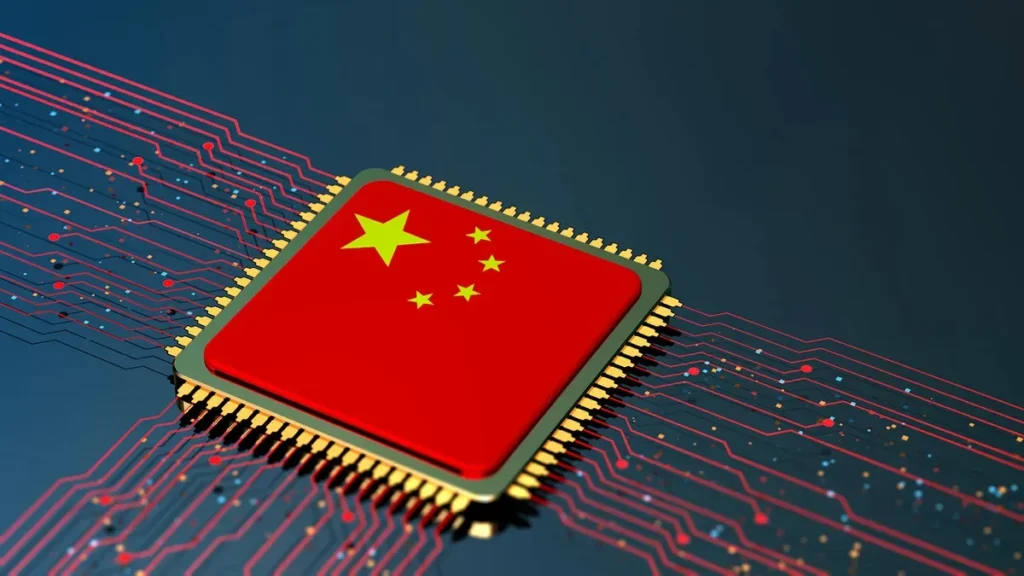China has announced a new motherboard firmware standard, UBIOS, developed by a consortium of domestic technology companies, including Huawei Technologies Co., Ltd.. The standard is designed to replace traditional BIOS and UEFI systems, providing enhanced compatibility for heterogeneous computing environments.
Objectives of UBIOS
The consortium highlighted that UBIOS aims to strengthen China’s technology independence by reducing reliance on U.S.-controlled firmware and components. Key objectives include:
- Supporting a wide range of processors, accelerators, and specialized hardware
- Enhancing security, flexibility, and performance compared to existing BIOS and UEFI systems
- Encouraging domestic hardware manufacturers and developers to adopt a homegrown ecosystem
Implications for China’s Tech Sector
Industry analysts note that UBIOS reflects China’s broader push for self-reliance in critical technology areas, including semiconductors, operating systems, and AI infrastructure. By introducing a domestic firmware standard, China seeks to:
- Safeguard computing infrastructure from foreign dependency
- Accelerate innovation in high-performance and enterprise computing
- Promote a unified ecosystem for both consumer and enterprise platforms
Rollout and Adoption
The rollout of UBIOS is expected to begin with new motherboards and enterprise servers within the next year, with plans for gradual adoption across China’s broader technology landscape. The initiative is seen as a strategic move to reduce foreign influence in critical computing components while fostering domestic innovation.

